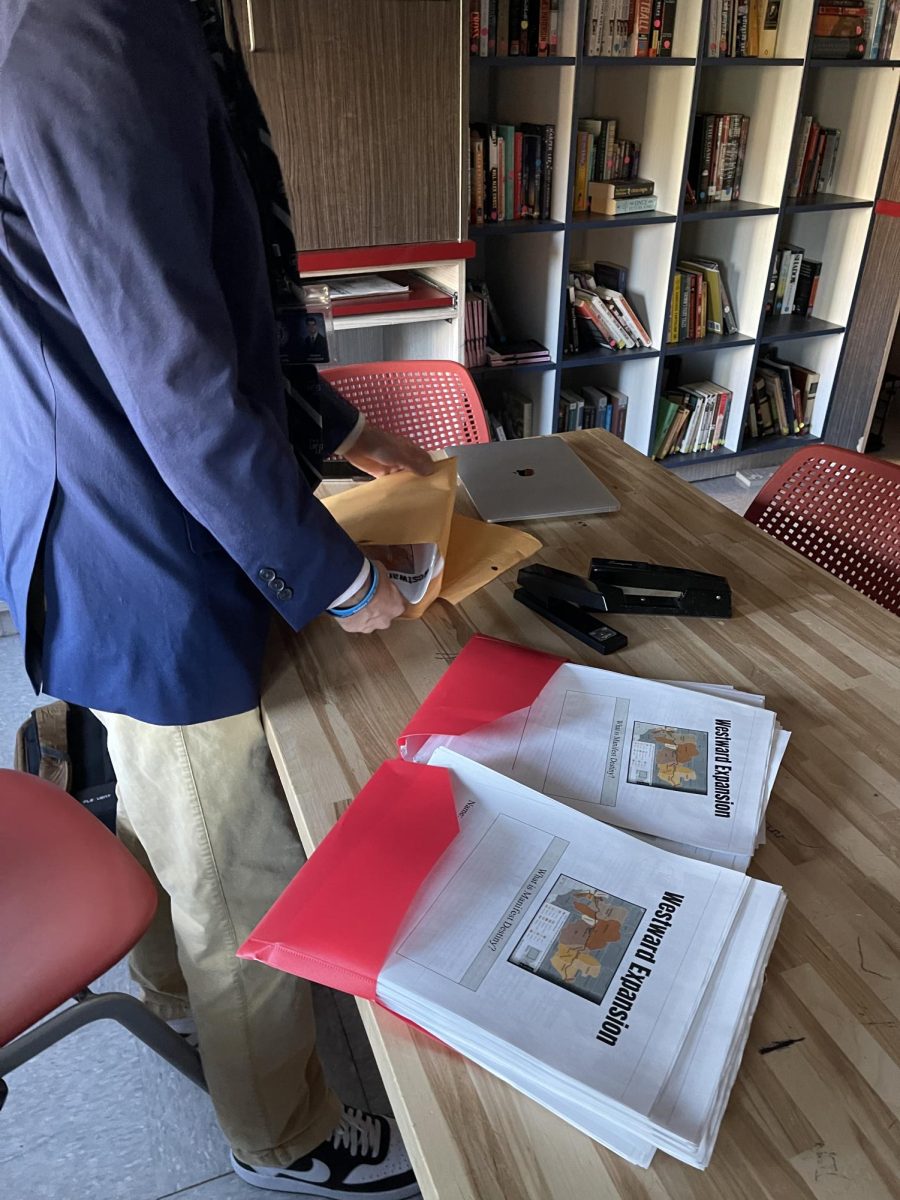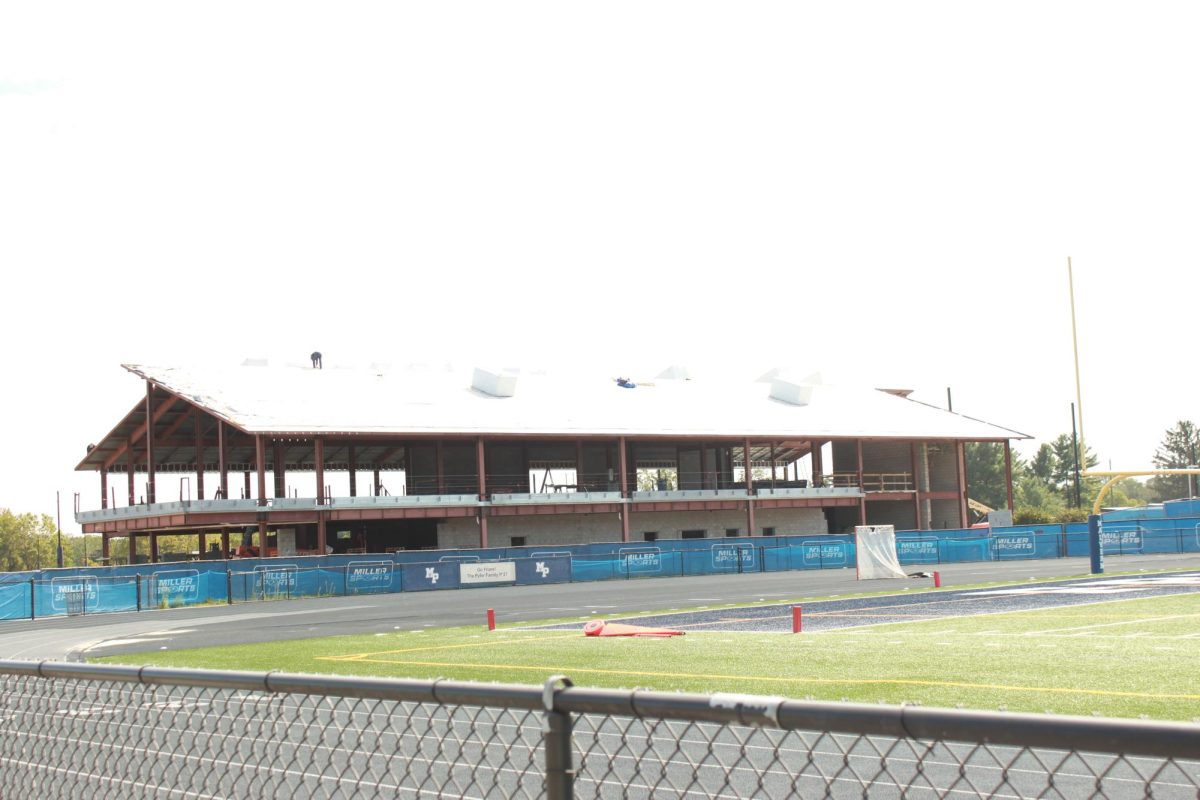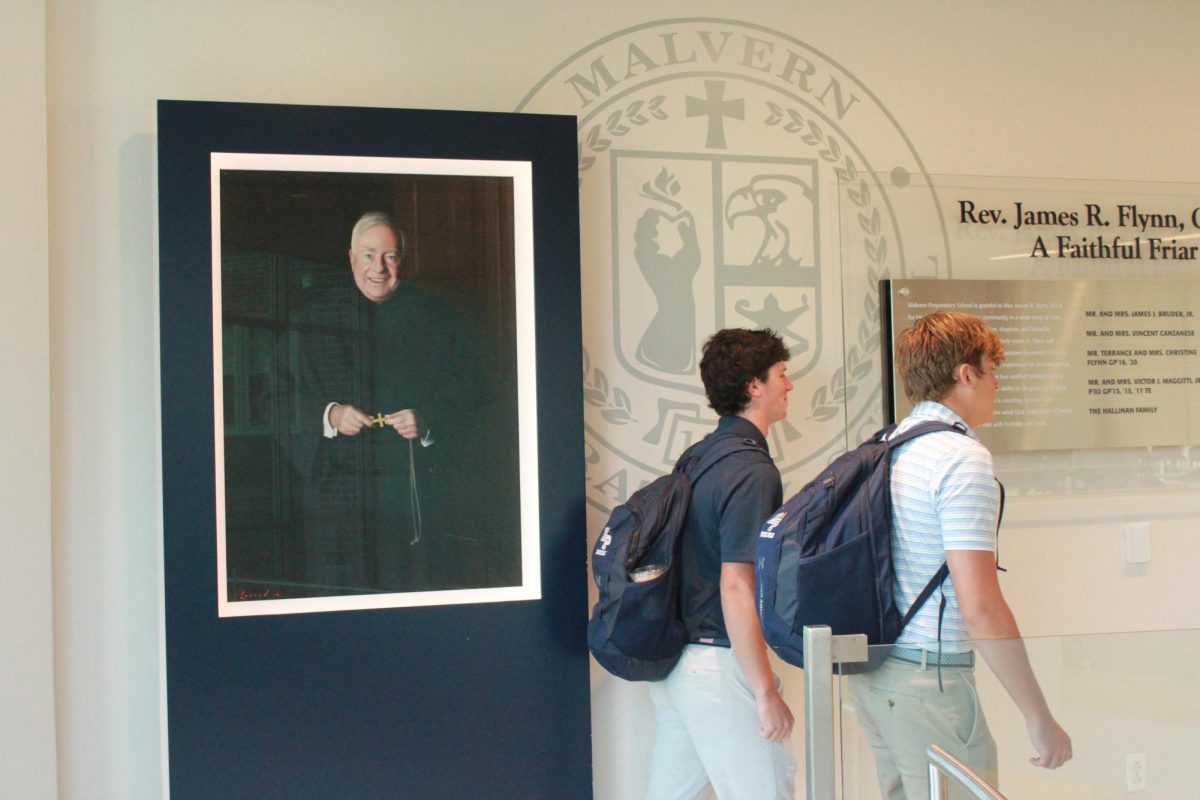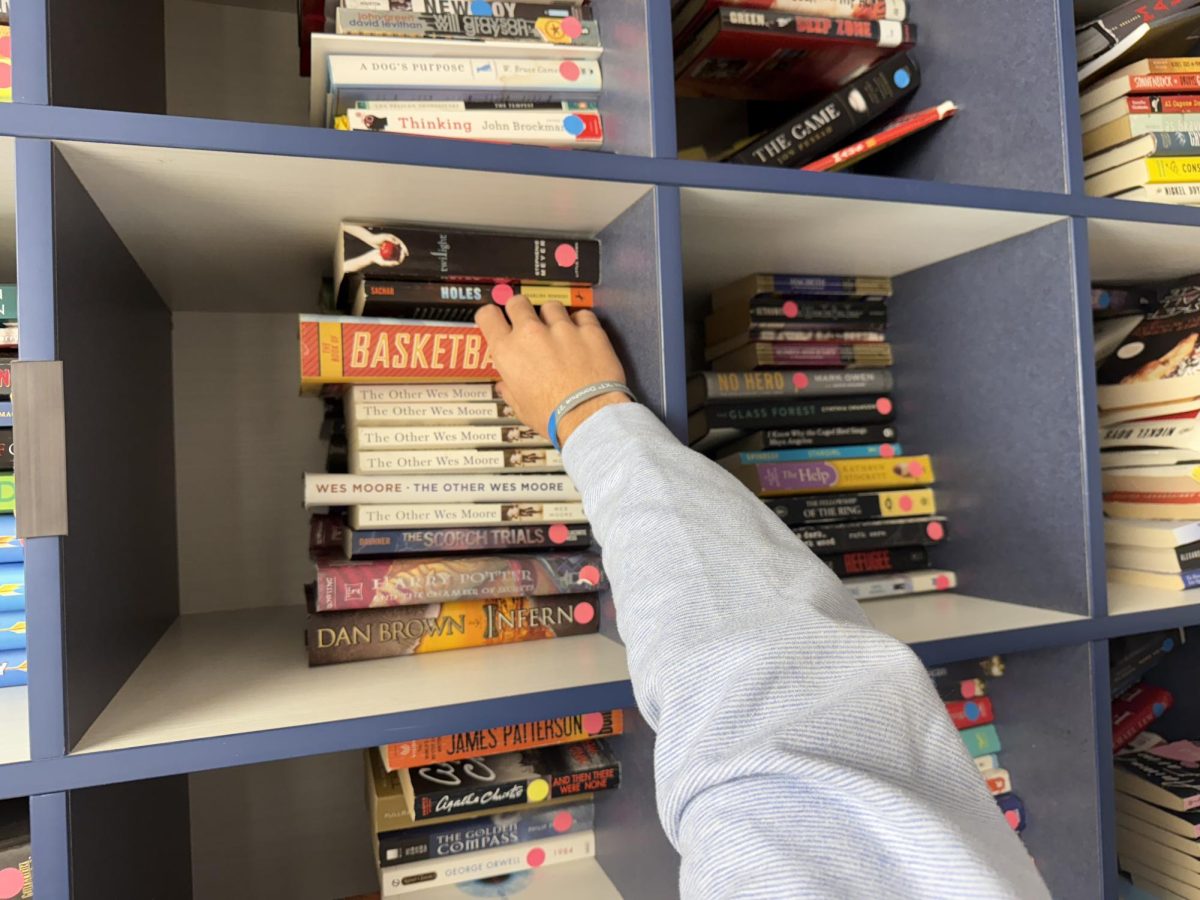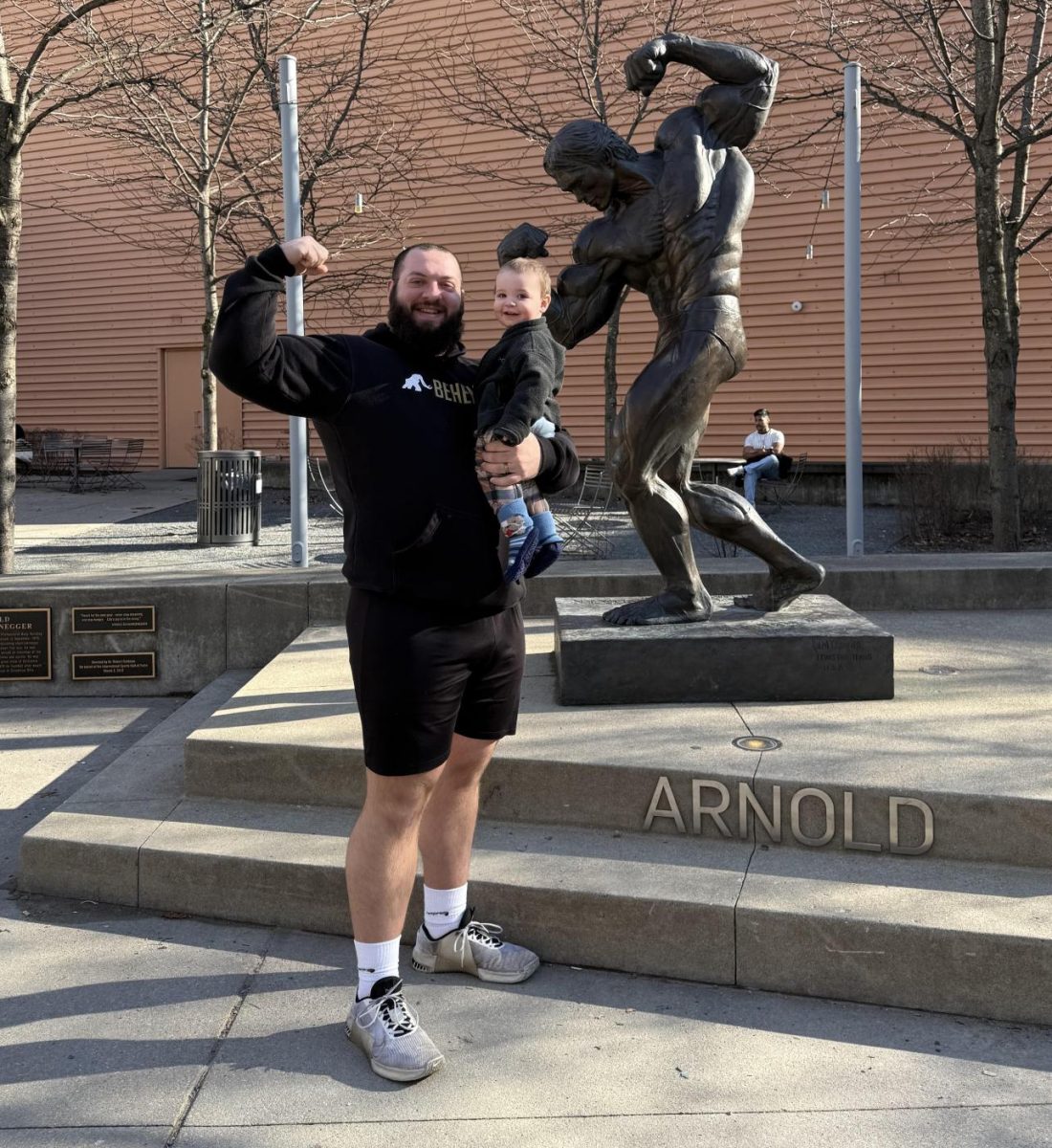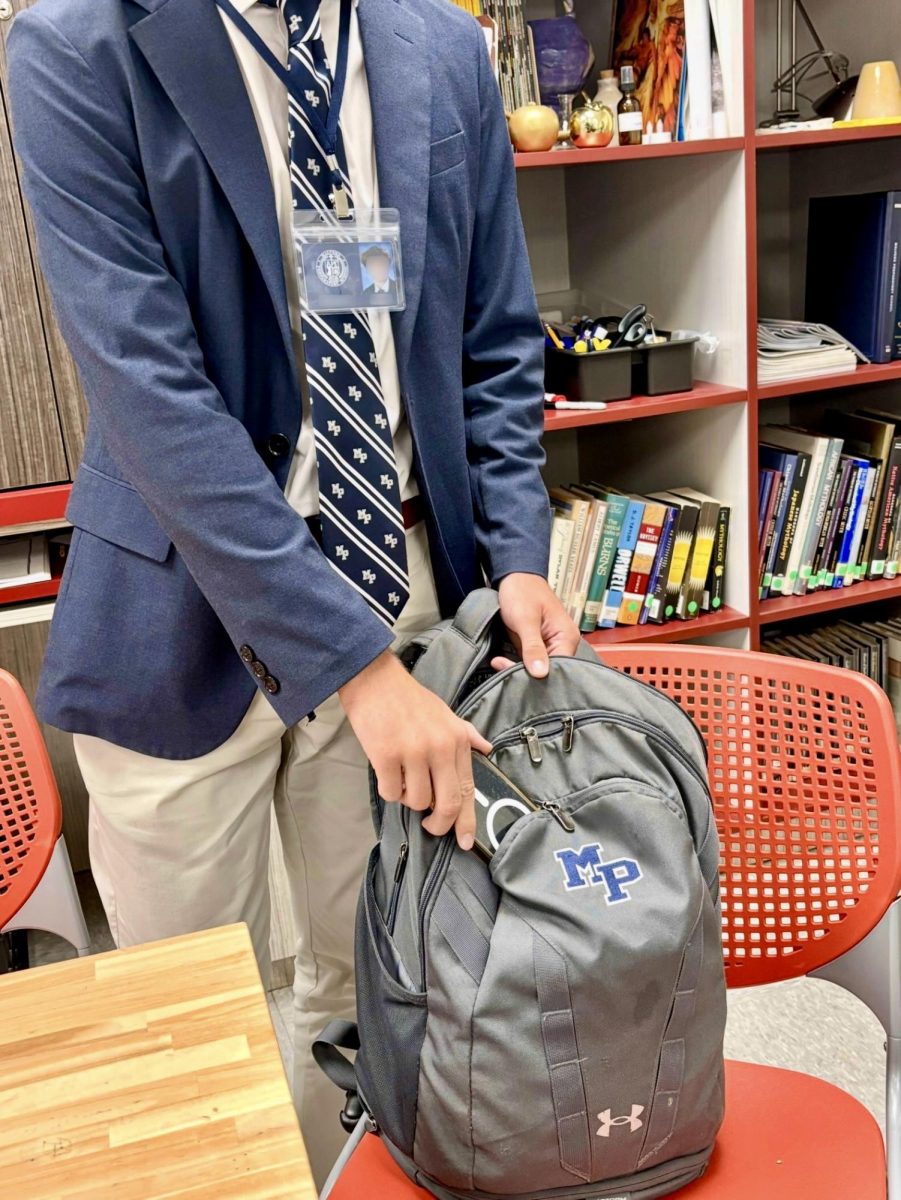Like many Upper School students, Middle Schoolers are in Band and Chorus. But those who are NOT in Band and Chorus in the Middle School don’t go to the Learning Commons or Study Hall. They go to a classroom and participate in something called Experiential Learning (EL).
According to Mr. Patrick Sillup, Head of the Middle School, Experiential Learning was created to complement Band and Chorus without students being disengaged in a Study Hall session, which in Sillup’s opinion would just “fill a gap.”
“Guys were doing band and chorus were engaging in this awesome experience that led to a performance in band and chorus, but there was a good part of our population that was disengaged at those times,” said Sillup. “So we needed something more meaningful for them.”
According to Sillup, the idea to have Experiential Learning meet in a mixed-grade format came from discussing the best experience for students with teachers. “As 6th graders, I didn’t want to cut [students] off from interacting with 7th or 8th graders,” said Sillup. “Those interactions are as important as with your own peers. Giving you guys a space and a platform to do that was important.”
Mr. Steven Swope, 6th grade Global Perspectives teacher, said that students in EL “follow the boys’ passions.” One example is Bobby Becket ‘20, who is following his passion by building his second surfboard of the year. Bobby presented his first surfboard in front of the entire Middle School. Mr. Swope often takes his class to the workshop in the Duffy Arts Center to work on student projects, where they are assisted by Upper School sculpture teacher Mr. Rob Muntz.
According to Swope, students in his EL group have gone over and above. One is painting a lacrosse helmet, one is building a robot, another is writing a book, and one is an “apprentice” to another student, according to Mr. Swope.
Not only has this offered a new class for those not in Band and Chorus, but it has expanded the abilities of the Music Program. Mr. Jonathan Springer, MS Band teacher, who has been teaching at Malvern for seven years, said this year’s group showed the “best understanding” of their music, demonstrated by their performance at Christmas.
Making Experiential Learning work is hard, according to Sillup. “It’s one thing if I design a math project. It’s totally another thing if I say I’m going to design an experience for a student to build a skateboard or a surfboard or something like that,” he said.
“It’s difficult, in a room with 18 different individuals that you’re satisfying 18 different needs,” added Sillup. “But at the same time we’ve been able to see some really exciting stuff.”
Sillup said next year’s Experiential Learning Class will probably look different.
“Instead of a one sort of catch-all… next year we’d be able to say, for instance, these are the six options you have for the fall,” said Sillup.
Though it’s quite an effort, many people think that their hard work has paid off. Instead of some students having a performance ensemble experience in music or sitting in study hall, students are challenged monthly to follow their passions and present their designs.
In March, as a design challenge, students attempted to send a potato chip to Rhode Island without breaking it. It remains to be seen whether any students have been successful.
This class is a major step forward into the world of experiential learning, especially in the middle school. While many students spend time in study hall or music, others spend time pushing their passions and striving for design success.


